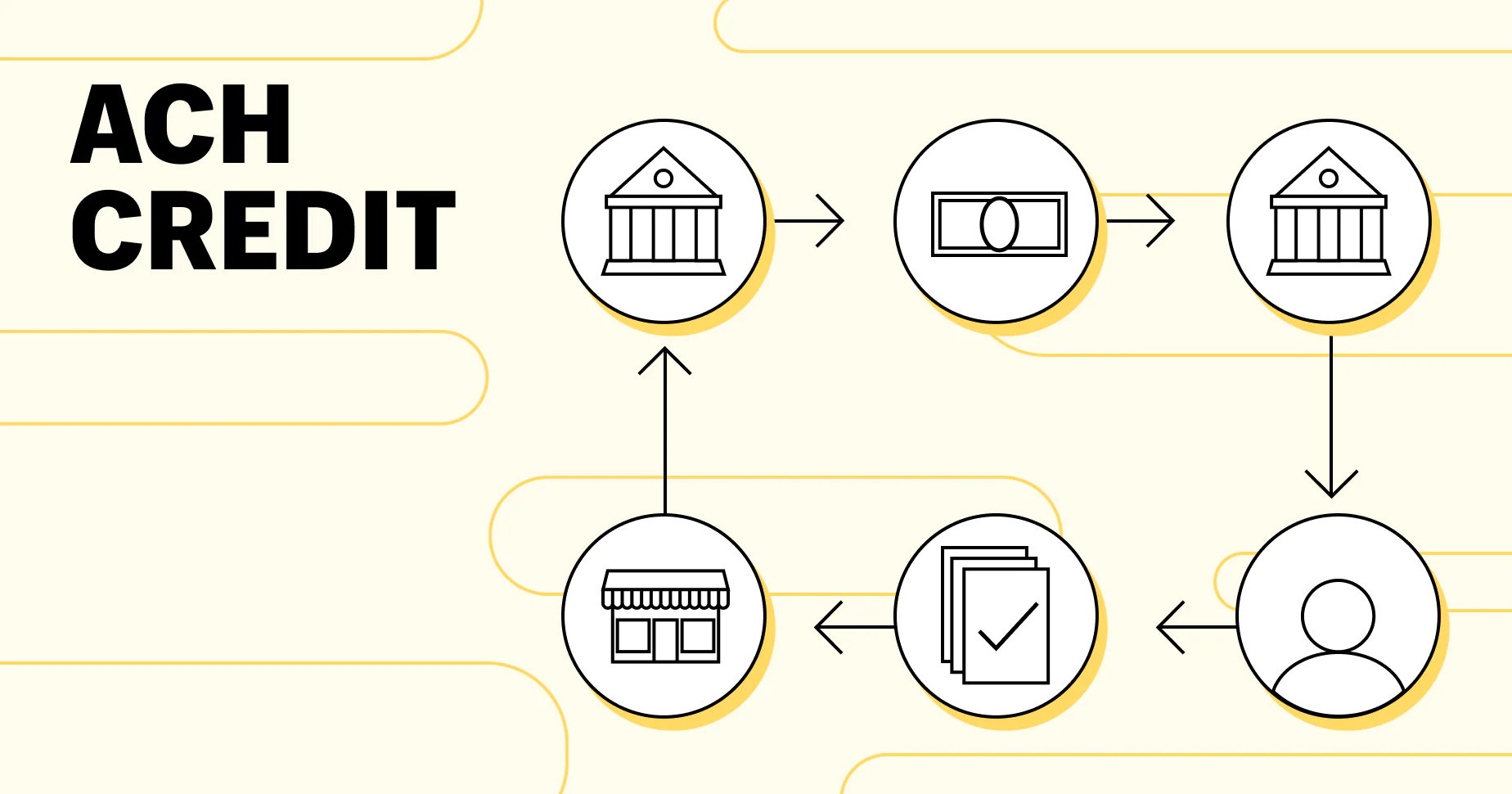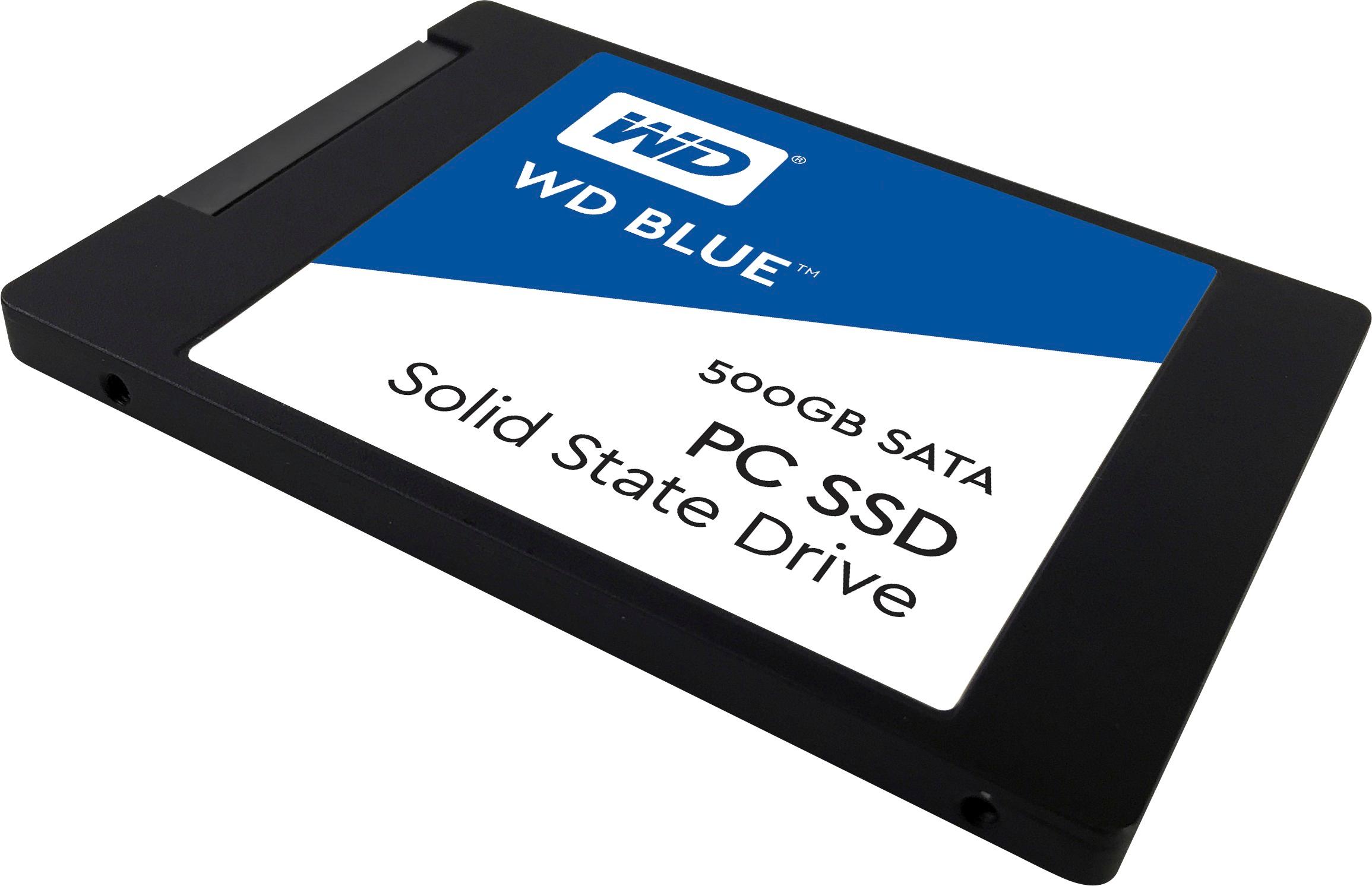Technical debt is an ongoing challenge for enterprises, hindering their ability to modernize and adapt to changing business needs. AppFactor, a U.K.-based startup, is on a mission to solve this problem by offering a platform that automates the re-architecture of legacy applications for seamless deployment in the cloud. CEO and founder, Keith Neilson, recently closed a pre-seed funding round of over £1 million ($1.3 million), underscoring the potential value of AppFactor’s technology.
Key Takeaway
AppFactor offers a platform that automates the re-architecture of legacy applications for seamless deployment in the cloud.
The Problem of Technical Debt
Technical debt often remains hidden until companies experience issues such as system bugs, slow performance, or excessive time spent on maintenance rather than innovation. McKinsey estimates that technical debt can account for up to 40% of a company’s total IT budget. Developers, on average, spend a third of their working week addressing existing technology issues instead of writing new code. Uncovering the true level of technical debt within an organization can be challenging due to its complexity and the various areas and domains it may span.
AppFactor’s Solution
AppFactor aims to simplify the modernization process for enterprises by automating the identification and transformation of legacy applications. The platform scans an organization’s IT environment to accurately assess their app landscape and dependencies. It then isolates and rebuilds each component and app layer into separate containers suitable for deployment in modern cloud architectures, such as Kubernetes or managed database services. This automated approach significantly reduces the time and effort required to migrate applications to the cloud.
The Core Components of AppFactor
AppFactor comprises three core components: a scanner/analyzer deployed on servers to collect data on applications and dependencies, an orchestrator that controls the scanner/analyzer’s behavior, and the AppFactor SaaS platform, which handles data analysis, machine learning processes, and containerization tasks. While the “discover and assess” facet of the platform is already commercially available, the upcoming “app modernization” module, set to launch in November, will enable customers to identify suitable candidates for modernization and facilitate the transformation process.
Innovative Features and Future Possibilities
AppFactor stands out with its innovative features, such as a 3D visualization engine that allows users to visualize app dependencies. The company is also exploring the use of virtual reality headsets to provide an immersive experience in understanding application estates. AppFactor aims to develop machine learning classifications to transform complex multi-host apps efficiently. Additionally, the company is experimenting with AI use cases, including generating YAML files for Kubernetes deployments.
The Wider Landscape
While other tools exist to aid app modernization, most of them rely on manual processes and command-line tools, making them time-consuming and resource-intensive. AppFactor’s automated approach and focus on addressing infrastructure, architecture, code, and dependencies sets it apart from other services. By leveraging machine learning and AI capabilities, AppFactor aims to revolutionize enterprise application modernization and help companies reduce their technical debt.

























